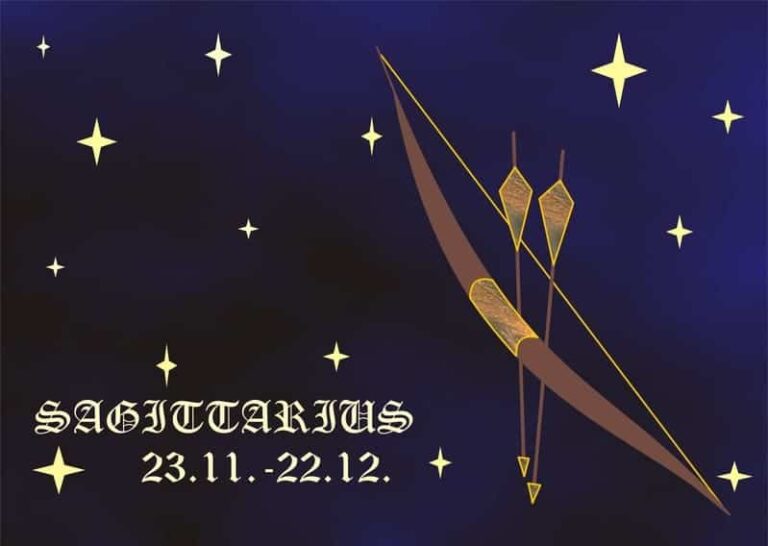Beyond Romance: 6 Ways Prioritizing Platonic Connections Changes Everything
In a world that often puts romantic love on a pedestal as the ultimate form of human connection, we tend to overlook the incredible strength of platonic relationships. Yet, it’s these deep, non-romantic bonds that can truly reshape our emotional landscape. A kind of love that is both liberating and lasting is offered by such connections, which are based on respect for one another, shared values, and genuine care.
Friendships like these help us through difficult times, cheer for our successes without feeling jealous, and encourage our development without judging. Platonism thrives on stability, authenticity, and emotional richness, in contrast to romantic relationships, which can sometimes be muddled by societal pressures or emotional ups and downs. They establish a secure environment in which vulnerability is met with kindness rather than conditions. By prioritizing them, we invest in a support network that doesn’t rely on attraction or exclusivity. It’s about surrounding ourselves with people who choose us time and again, simply because they appreciate who we are.
6 Ways to Prioritize Platonic Connections
The way we feel about love, community, and our own self-worth can all be profoundly affected by this shift from romantic love to platonic intimacy. It encourages us to broaden our understanding of connection, viewing friendship not as a fallback option but as a fundamental part of a fulfilling and meaningful life. In doing so, we unlock a new kind of emotional freedom—one that empowers us to forge relationships that are just as passionate, loyal, and transformative as any romantic relationship.
Deep Sense of Belonging
In a world where love often gets tangled up with romance, finding that genuine sense of belonging can feel like searching for a needle in a haystack. However, this is where platonic relationships come into play because they provide an emotional foundation that romantic ties sometimes fail to provide. When you concentrate on developing relationships, you build a group of friends who accept you for who you are without imposing any requirements on you.
These friendships thrive on shared experiences and mutual understanding, rather than on fleeting attraction or transactional feelings. The magic of belonging is that it allows you to be truly seen and heard—not just as someone’s partner, but as a complete individual. Whether it’s a friend who recalls your childhood dreams or someone who’s there for your not-so-glamorous Tuesday breakdown, platonic bonds create a sense of home that’s rooted in authentic human connection rather than the need for romantic validation.
Emotional Support System
Platonic relationships often play the role of unsung heroes when it comes to emotional resilience. Your platonic friends are the ones who stay up late to help you face your fears, even if romantic partners come and go. These connections build a solid emotional support system that doesn’t hinge on romantic chemistry but is instead grounded in unwavering care and loyalty.
You are choosing to surround yourself with people who genuinely care about your well-being simply because they love you as a friend—not out of obligation. This kind of support tends to be more stable and less tumultuous than romantic relationships, providing a reliable lifeline through life’s inevitable ups and downs.
Unconditional Love
Platonic love is one of the most genuine forms of affection we can experience. It’s a love that doesn’t come with possession, jealousy, or the need for labels. When you focus on such relationships, you open yourself up to a type of unconditional love that’s built on respect, admiration, and emotional closeness. Your platonic friends appreciate you for who you truly are—not for what you can bring to a romantic or sexual table.
This love is vast, allowing space for growth, mistakes, and transformation. It’s the kind of love that says, “I’m here for you,” without expecting anything in return. In a world that often turns relationships into transactions, platonic love is a bold act of care and commitment.
Personal Growth and Self-Discovery
Platonic relationships are a rich soil for personal growth. Unlike romantic relationships, which can sometimes highlight our insecurities or reinforce societal expectations, these connections encourage us to evolve in surprising ways. A platonic friend might introduce you to a new way of thinking, motivate you to chase a long-forgotten passion, or call you out when you’re holding yourself back.
These relationships aren’t about blending identities but about expanding them. When you prioritize these bonds, you surround yourself with people who inspire you to be your best self—not because they want to change you, but because they see your potential. These friendships act as mirrors, reflecting both your strengths and your weaknesses, guiding you through the journey of self-discovery with honesty and kindness.
Intellectual and Emotional Connection
The intellectual and emotional bonds we share are frequently what make platonic relationships so magical. These friendships are the ones where you can dive into a heated debate about politics, analyze a piece of poetry, or simply enjoy a comfortable silence together. By prioritizing these connections, you’re embracing a form of intimacy that thrives on mental and emotional compatibility rather than physical attraction.
They give you the freedom to explore new ideas, show your vulnerable side, and engage in deep conversations without the pressure of romantic expectations. Intimacy is beautifully complex—it’s a connection that feeds your mind and spirit, offering a richness that can rival even the most passionate love stories.
Stability and Longevity
Let’s now discuss longevity and stability. One of the most overlooked benefits of platonic relationships is how they stand the test of time. While romantic partnerships often navigate the ups and downs of passion, expectations, and change, these friendships tend to be steadier and enduring. These are the bonds that endure relocations, shifts in employment, and even quiet periods when life gets busy. You are investing in relationships that are designed to last—not because they are flawless, but because they are strong—if you place a high value on these connections.
Platonic friends evolve alongside you, adjust to life’s twists and turns, and stick by your side through all of life’s seasons. In a world that’s always changing, the stability of platonic friendships is a true treasure—a reminder that some connections are timeless, grounded in loyalty rather than fleeting desires.
Bottom Line
In a world where romantic love often takes center stage, choosing to focus on platonic relationships can feel like a bold move towards emotional empowerment. These friendships—built on trust, shared growth, and unconditional support—bring a level of depth and resilience that romance sometimes can’t match. By valuing the richness of these connections, we broaden our ability to love, reshape our ideas of intimacy, and create a life grounded in authentic relationships. These bonds aren’t just add-ons; they’re essential.
They teach us that love comes in many shapes and forms, and that some of the most life-changing relationships we have are those that simply ask for our presence. When we start to appreciate platonic intimacy as much as we do romantic love, it transforms everything—from our healing processes to our personal growth and overall well-being.







